Two jockeys, circa 1955-60
Oil on canvas
Signed lower left
41 x 33 cm
Provenance : private collection, France
Jacques Despierre (1912-1995)
Son of the painter Edmond Ceria, Jacques Despierre was introduced to painting at a very early age. He began studying at the Académie Colarossi, then at the Académie scandinave where he followed the teaching of Charles Dufresne who professed the necessity of a structured architecture in the organization of the painting. Despierre entered the Beaux-Arts in the studio of Lucien Simon in 1929. At the Louvre, he admired Chardin, Corot and Delacroix. At his father's request, Despierre also learned engraving and illustrated his first work in 1930.
During the "Phoney War", Despierre rode a horse for the first time. "Won over by the subject," he would say, "I executed numerous paintings of horses. The movement and the mechanism of the galloping times seduced me greatly. I learned to draw them. I became a minor horse specialist, and I was led to illustrate Paul Vialar's L'Éperon d'argent (1957), for which I engraved 80 plates with great pleasure." His friendships with Gruber, Tailleux, Tal Coat, Lasne, Brayer, Humblot and Rohner were synonymous with emulation. In the galleries, Despierre discovered Picasso, Bonnard and Matisse, then he met Jacques Villon, Charles Despiau and Marcel Gromaire, whom he admired. Thanks to the architect Jean-Charles Moreux, he discovered that "the surface is both a concrete and abstract phenomenon," a subject he explored further while reading Mattila Ghycka.
His first exhibition took place at Jeanne Castel in 1938, the year he won the Prix Paul Guillaume. During and after the war, he produced decorative art works: painted furniture and tapestries for Jacques Adnet, frescoes for the Faculty of Pharmacy in Paris, and then for the ocean liners La Marseillaise and Ile de France in particular. He worked for numerous public institutions throughout his career.
Despierre exhibited regularly at the Galerie Charpentier, the Galerie de l'Elysée, then at René Drouet and Marcel Guiot. The critics were glowing: Waldemar Georges, George Besson, Pierre Cabanne, and Jean Bouret praised his work. In 1969, Despierre was elected a member of the Académie des Beaux-Arts and the following year, the Galerie de Paris devoted a hanging to him around views of the Loire, Greek gardens and bathers. Seven years later, the Wildenstein gallery exhibited a collection of views of Greece and paintings of horses. Tributes were paid to him from 1973 at the Monnaie de Paris and then in Saint-Etienne. Present in numerous Salons, Despierre was a founding member of the Salon de Mai, to which he gave his name.
In the manner of Renaissance artists, Despierre liked to approach all techniques: he created murals and mosaics, illustrated books, designed cartoons for carpets and tapestries for the Mobilier National and vase decorations for Sèvres, created the stained glass windows of Notre-Dame de Liesse and 80 medals for the Monnaie de Paris. Appreciated by young people and a natural teacher, Despierre succeeded Gromaire as head of the mural art workshop at the School of Decorative Arts, and introduced the teaching of frescoes and mosaics.
His works are notably preserved at the Centre Pompidou, the Museum of Modern Art in Paris, the Museum of Fine Arts in Orléans, the Museum of Grenoble, the Mobilier National at the Virginia Museum of Fine Arts and the Victoria & Albert Museum.


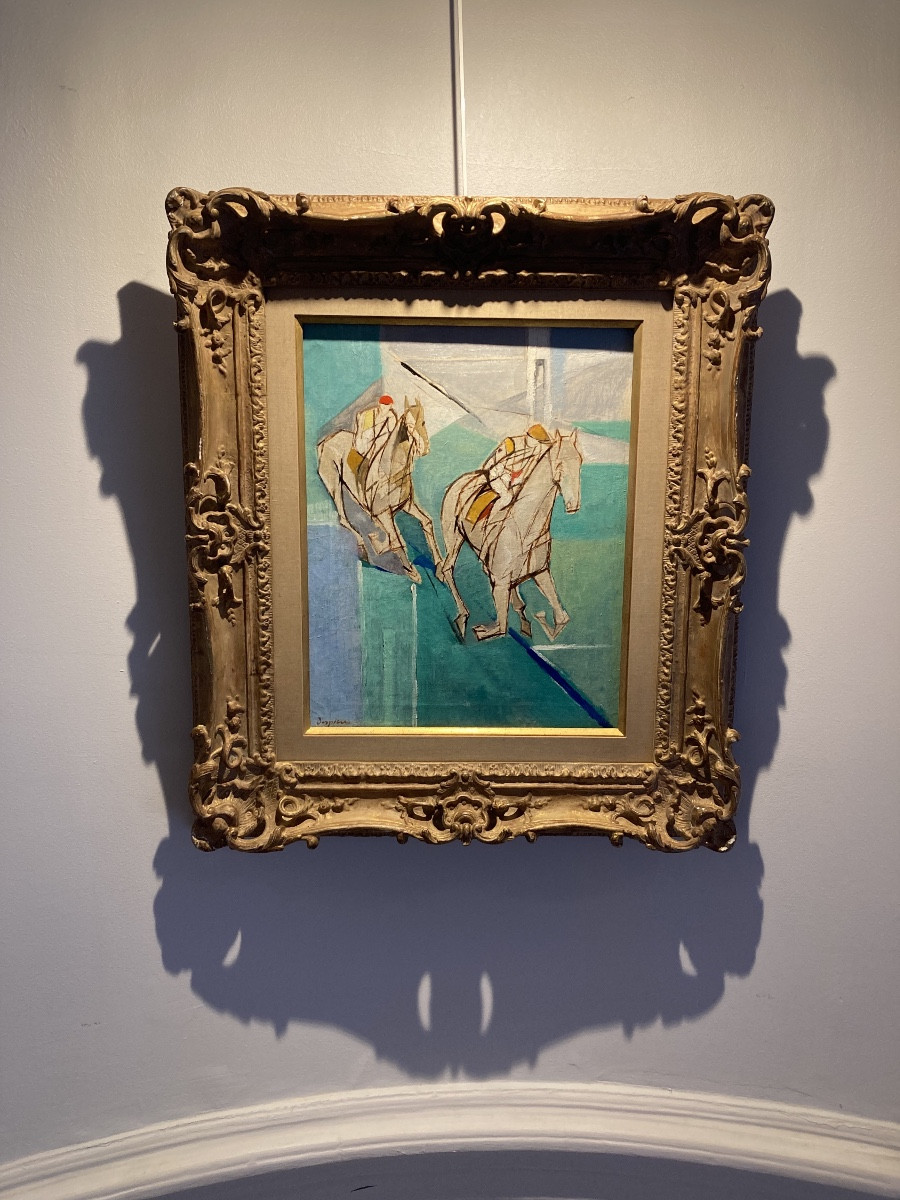
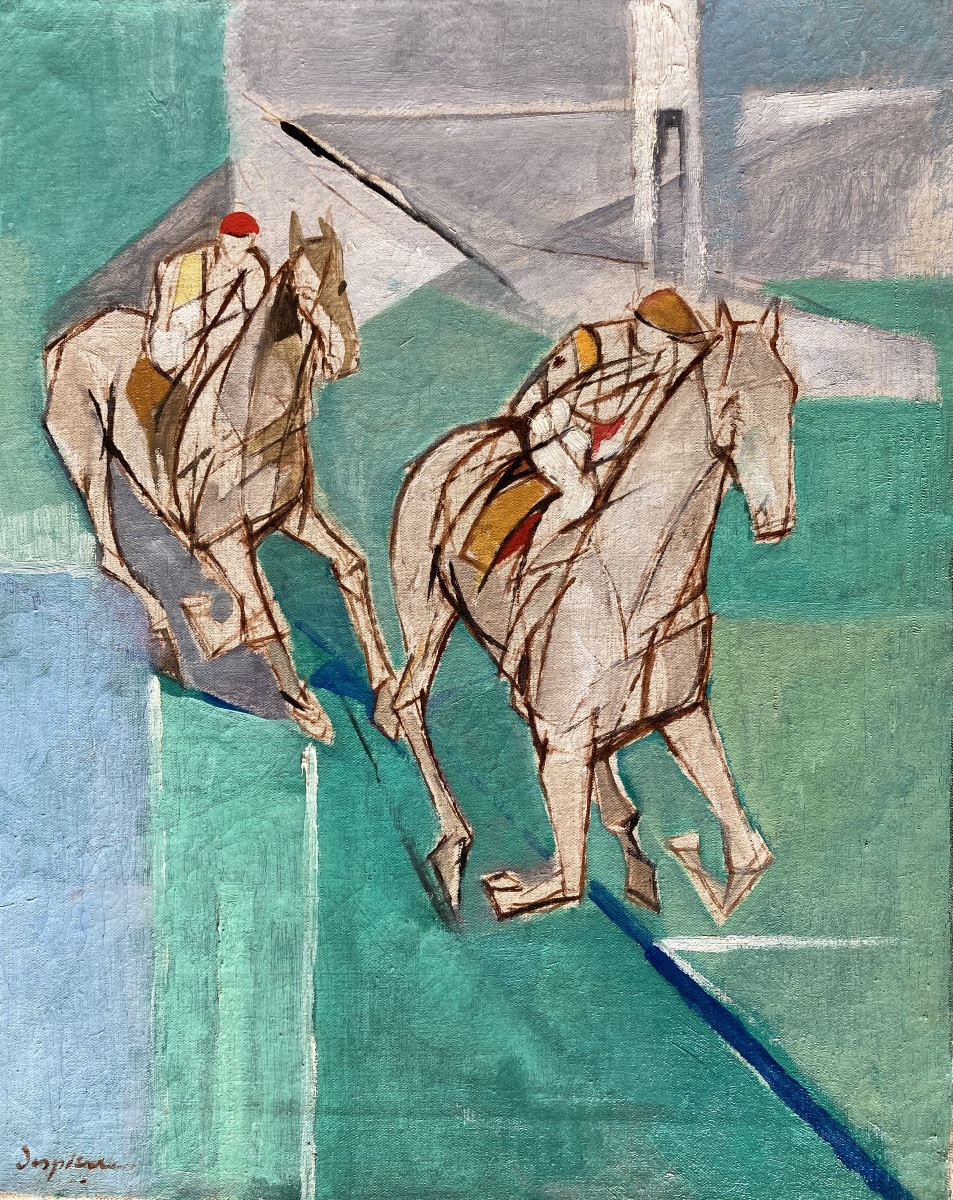


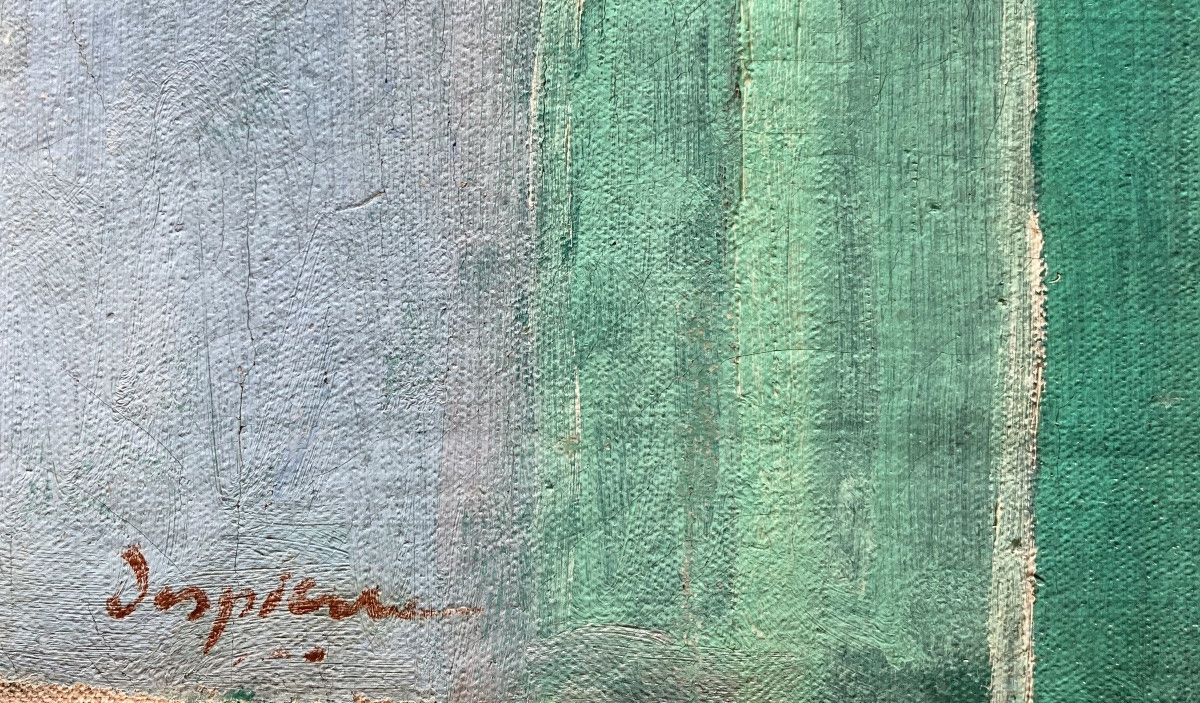
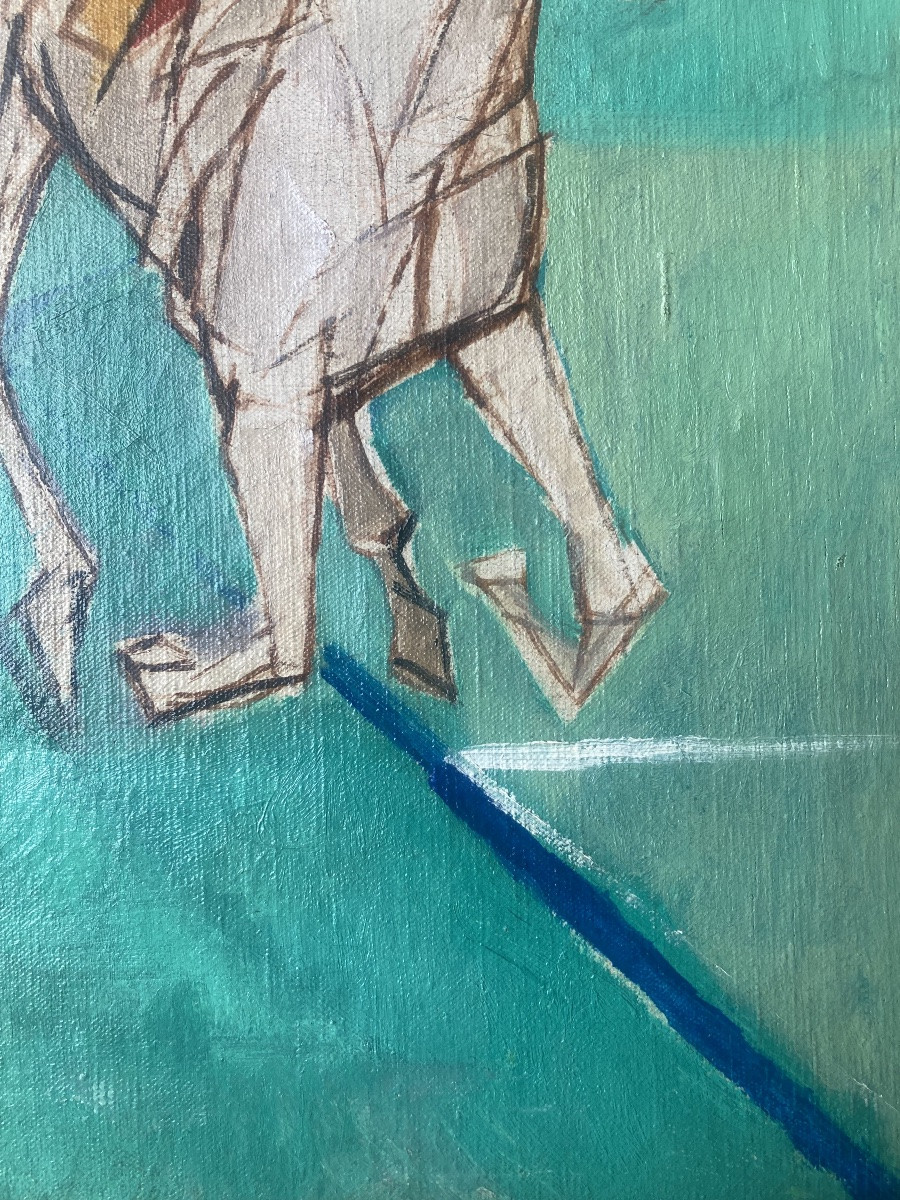
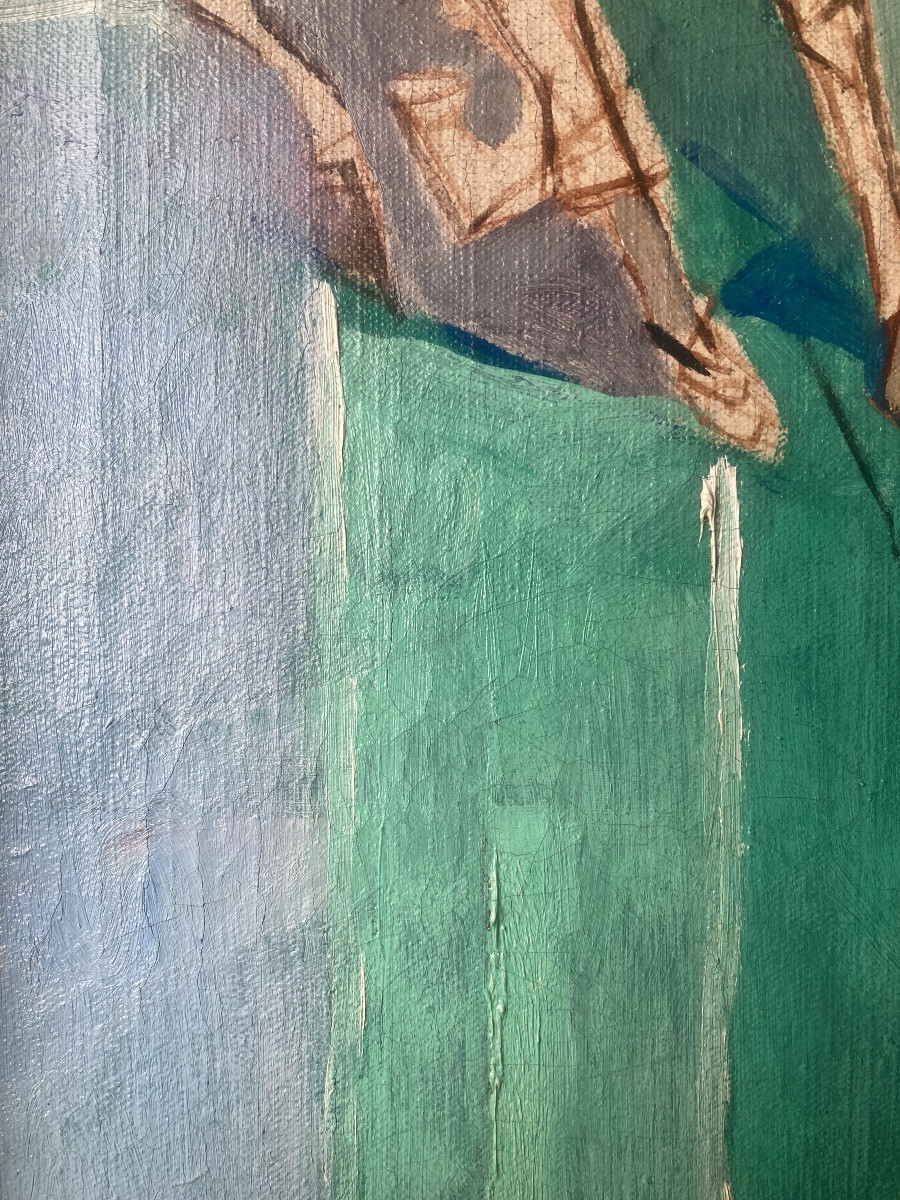








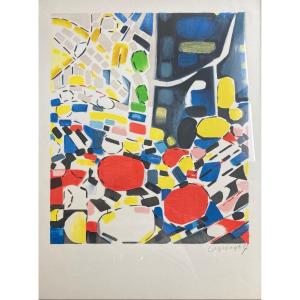

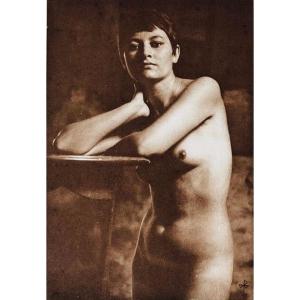


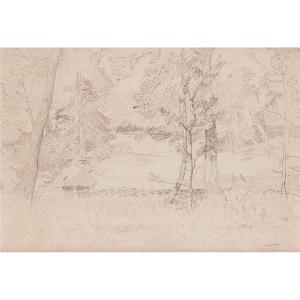


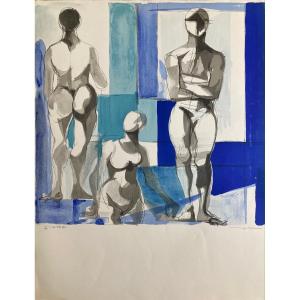

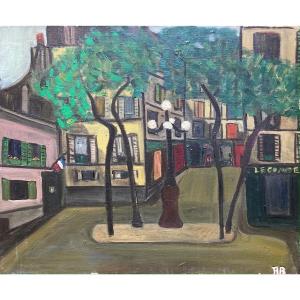
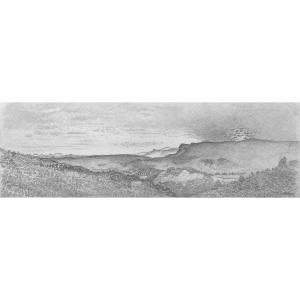

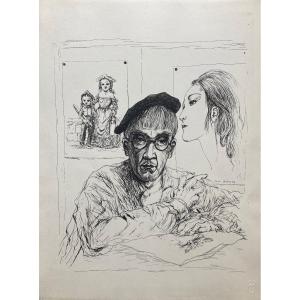



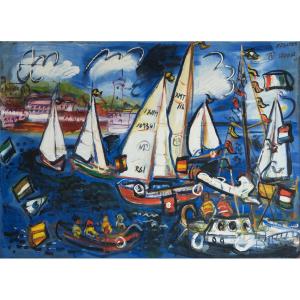
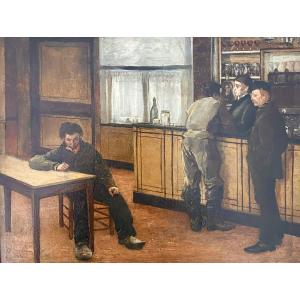




 Le Magazine de PROANTIC
Le Magazine de PROANTIC TRÉSORS Magazine
TRÉSORS Magazine Rivista Artiquariato
Rivista Artiquariato